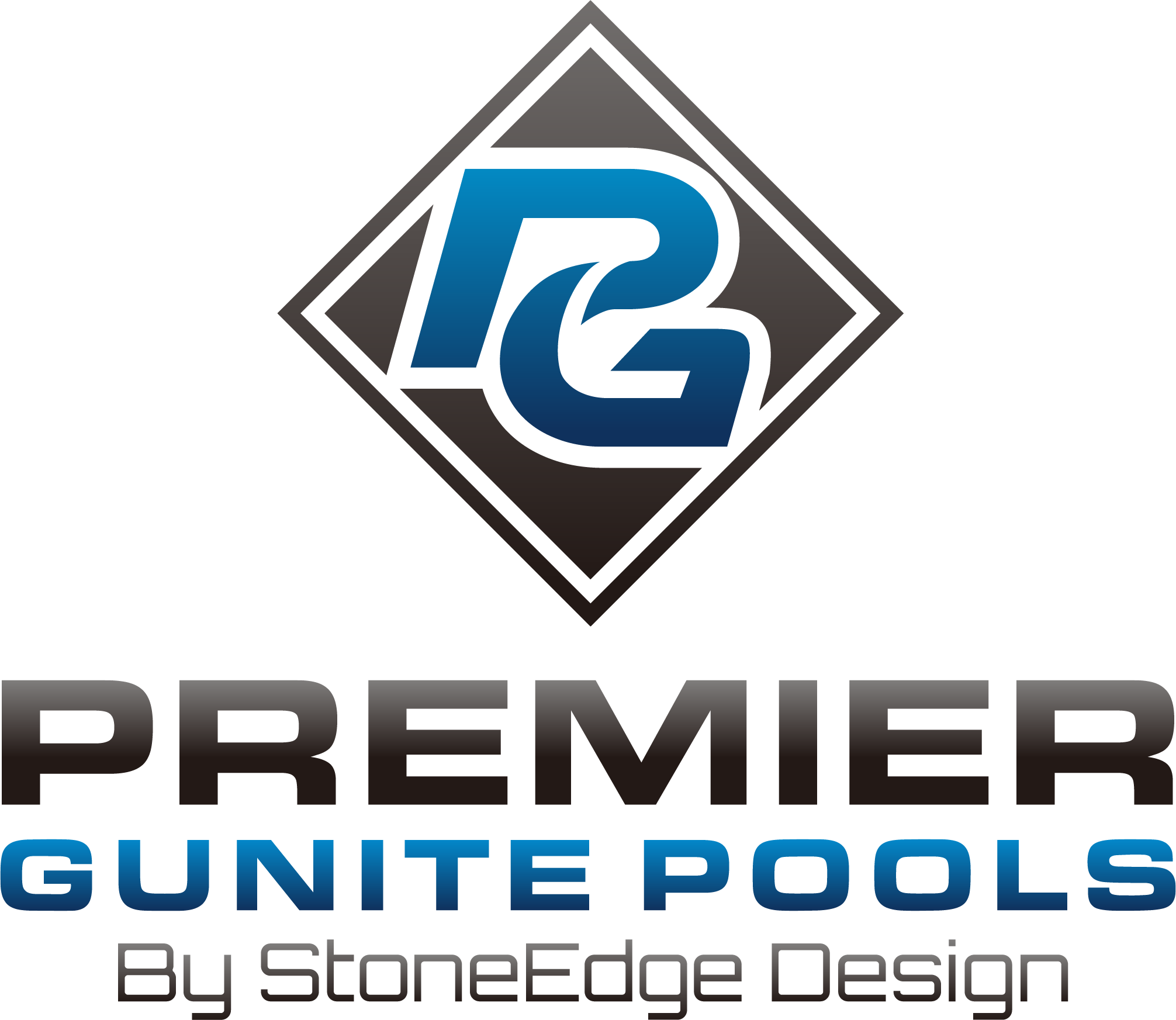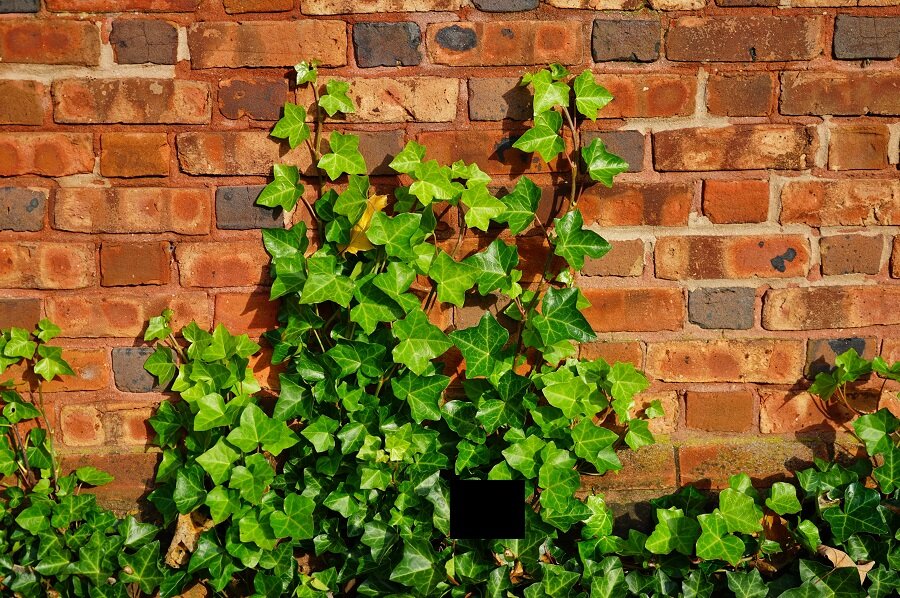4 Types of Masonry Work to Consider for Your Bristol, RI, Hardscape
Masonry refers to the craft of constructing vertical structures using individual units, held together by mortar. This ancient practice is not only one of the most common in construction, but is also rather broad. There are various materials that can be used in modern-day masonry to achieve a vast array of aesthetics. Consider some of the following types of masonry for vertical structures in your Bristol, RI, backyard.
Brick Masonry
Brick masonry is a reliable investment that often outlives the homeowners who have it installed. This material stands the test of time because it is both durable and timeless. Not only will you not need to replace your brick walls, but you also won’t find them dated within a few years. Bricks are inherently versatile—a quality that is only improved by the wide range of colors and textures in which they are now available. They are manufactured by compressing clay, sand, and water into molds, which are baked to yield solid units. This process creates small differences between individual bricks—that is why they are so character-packed. It also makes matching brickwork a task that is best left in the hands of a professional.Related: 4 Landscape Design Ideas for Creating a Quiet Place in Your Bristol, RI, Backyard
Stone Masonry
Stone is an excellent hardscaping material because it is so unique and luxurious. The fine details within each individual stone coalesce into a wonderful tapestry of colors and textures. The result is sublime and serves to boost both the appearance and the value of a property. Stone structures can be built using either dressed or undressed stone. Dressed stone takes a more refined shape and can be arranged into cohesive patterns. Undressed stone, on the other hand, is more rugged and irregular in shape. These stones are more difficult to arrange into an orderly pattern and tend to yield walls with a more authentic and natural appearance. Stout stone walls nestled into a fairytale-like garden are better suited to undressed stone, while you might prefer a cleaner look for a fireplace or seat walls.
Concrete Masonry
It’s no wonder that concrete units dominate commercial construction. They are incredibly durable, cost-effective, and easy to install. Their large format and precise edges make them easy to stack and arrange, speeding up the completion of a project. They are renowned for their compressive strength and are fire-resistant, making them equally suited to load-bearing seat walls and fire pits alike. They can be dyed and customized to showcase a wide variety of colors and textures and—should you struggle to find a variety that you like—they can even be veneered to look like stone.Related: How Masonry Contractors Can Spice Up Your Backyard Patio in Bristol, RI
Veneer Masonry
Veneer masonry is undertaken purely for aesthetic purposes and contributes little to the structural integrity of a wall. The strength and integrity of the structure is determined by the type of solid masonry underneath, which is often comprised of concrete. A veneer is installed by adhering thin slabs of stone to the exterior of an existing structure to give it the look and feel of natural stone. It is an efficient way to update a hardscape without uprooting any foundations. Veneer is also versatile; it is considered easier and more efficient to work with because of its lighter weight and flexibility for accommodating corners. Done properly and skillfully, installation of stone veneer can resemble the real thing.

